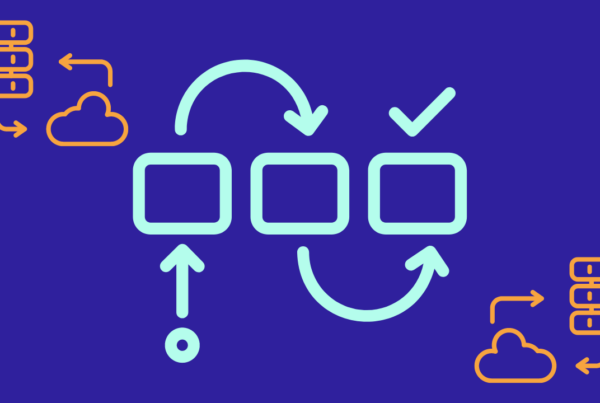You should strive to delegate every kind of work that does not require a law license to do. And, as much as possible, you should delegate legal work to others as well (e.g., paralegals and associates).
You can leverage your knowledge better when you spend more time doing the kind of work you are best at doing. But delegating can be difficult for most busy lawyers.
Many lawyers believe they’re not good at delegating when the truth is they just need to develop their delegation skills through practice. The first step is understanding “levels of delegation.”
You’ll be more effective at delegating to other people when you’re realistic about what each person can actually do. That is, you need to learn to assess their level of delegation.
Let’s assume that you’re working with someone new and need to determine what their level of delegation is.
The general rule with someone new is to assume they’re at the lowest level (unless you have good reason to believe they’re at a higher level, in which case you need to decide which level they’re best classified into).
The 5 Levels of Delegation
Level 1: Delegating Tasks
The lowest level of delegation is assigning a task.
Assume the person will know nothing or next to nothing about how to do the task. This could be a problem, but…
If you give them a properly documented SOP, you can expect them to succeed.
After the task is performed, give them feedback based on the results of their work. And update the SOP to account for any misunderstanding or mistaken assumptions.
Level 2: Delegating Decisions
At this level, you empower workers to make decisions based on their expertise and judgment.
But, you must provide guidelines and standards for decisions in the SOP to help them make the proper decisions.
After they use the SOP and make decisions, give them feedback based on their decisions. And update the SOP to account for sub-optimal decision-making.
Level 3: Delegating Authority
At this level, you’re giving someone authority to act on your behalf. This requires more judgment on their part and more latitude on yours.
You’ll give feedback here less often, perhaps once a week at first. Then later, just once a month or once a quarter. And finally, just once a year.
Level 4: Delegating Responsibility
Workers at this level are being groomed to train others. They should know how to document SOPs and describe the decision-making parameters.
Assuming they can do that, then they can be responsible for assigning tasks (with decision-making elements) and for offering feedback and training.
Level 5: Delegating Accountability
At this level, you delegate to others the responsibility to hold others accountable for doing their work (without your involvement).
This is where your business starts to function more readily without you.
And this is where you can start taking longer vacations and enjoying your life more.
Conclusion
You have to be methodical and strategic about how you delegate work. If you do it right, then you’ll be less involved in the early stages of training someone new.
And eventually, you won’t be involved at all.
Using a tool like SweetProcess makes it easy to create a repository of “instruction sets” for people you will be delegating to, many of which can easily be virtual assistants.
P.S. Get the Smart Lawyers Tech Guide.







